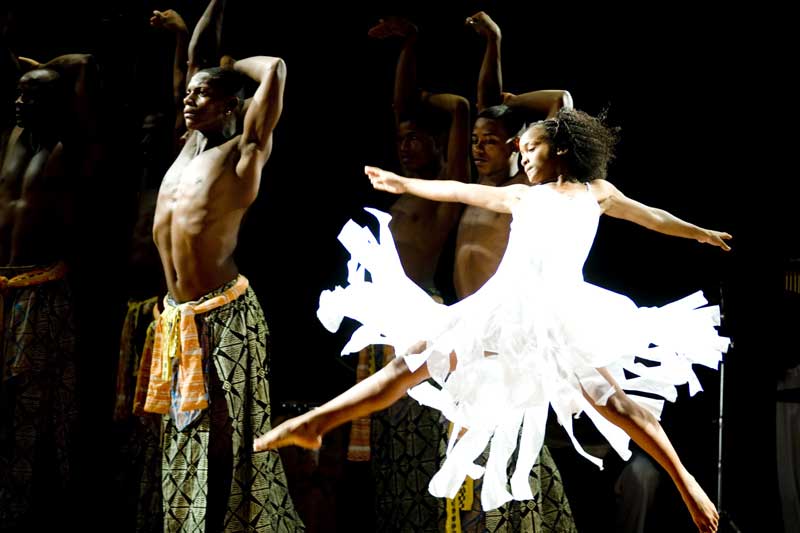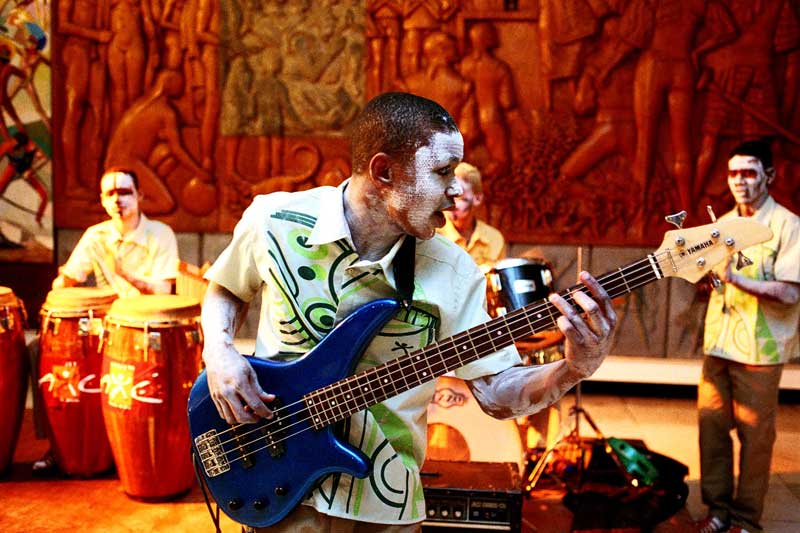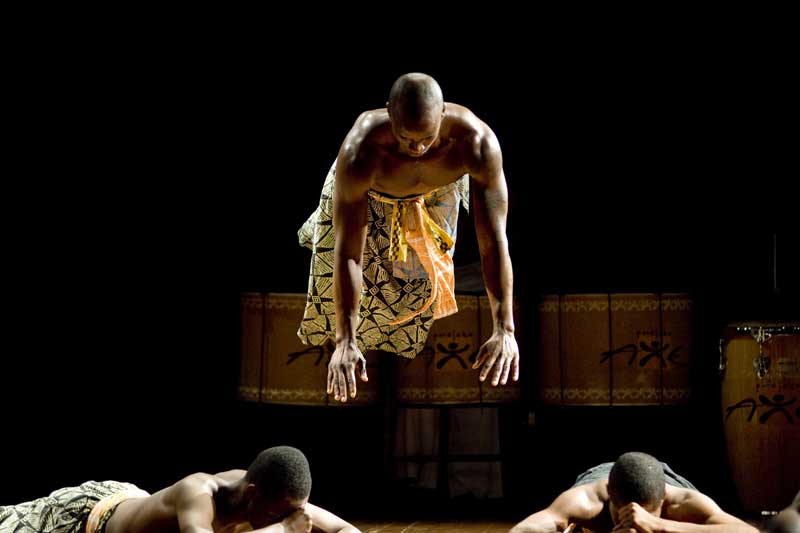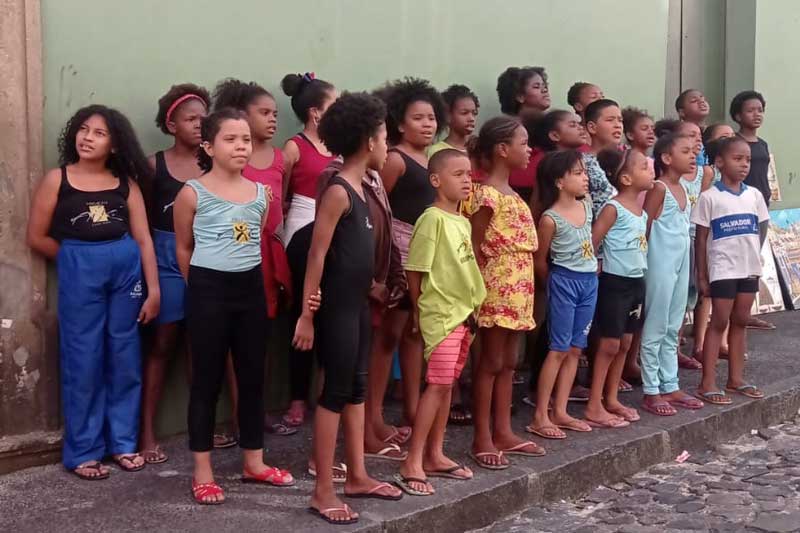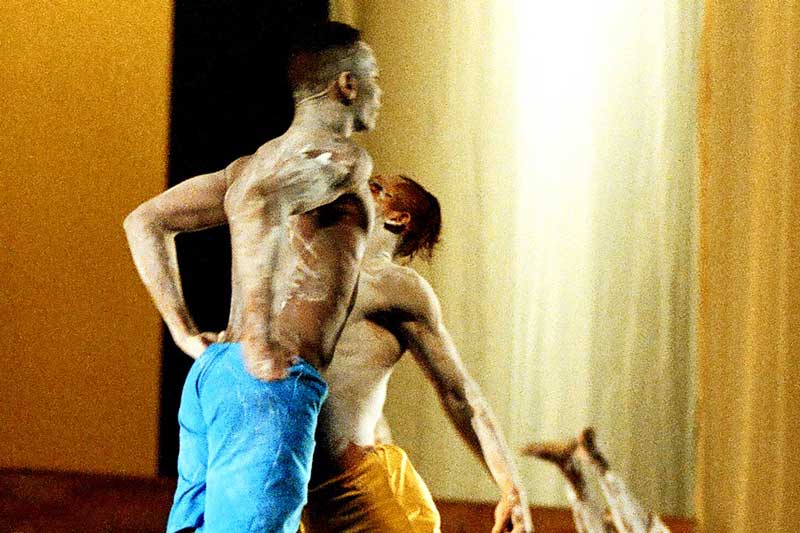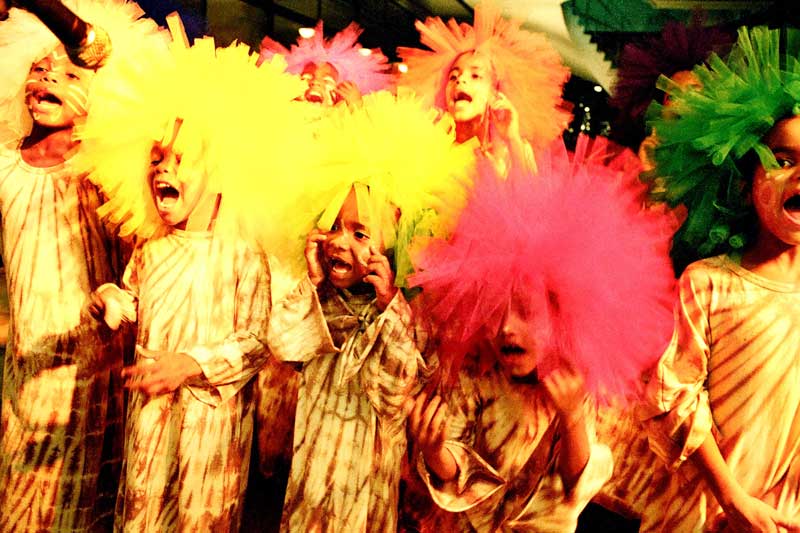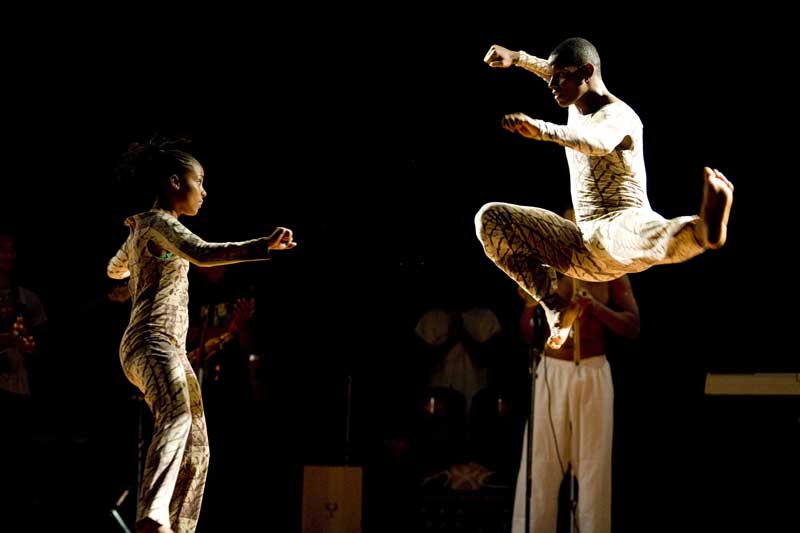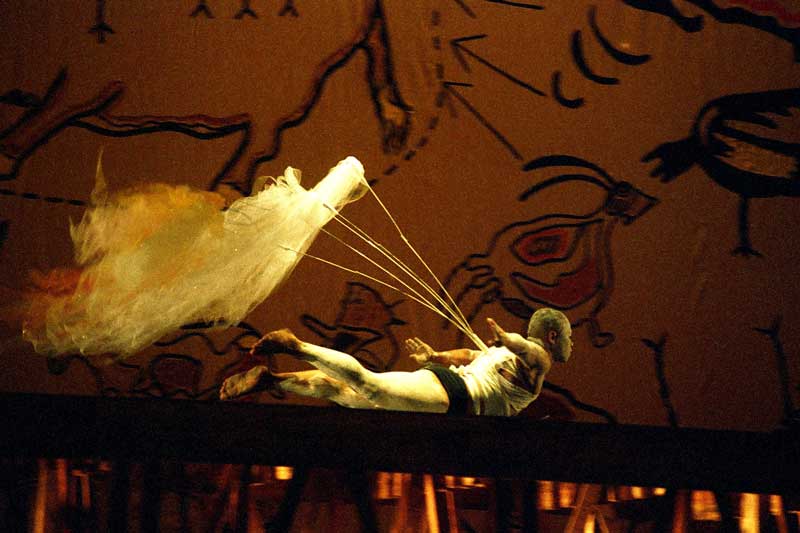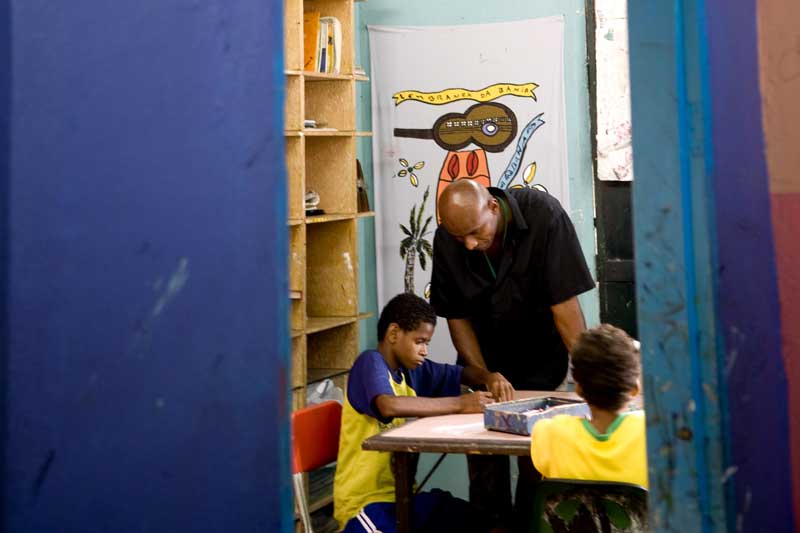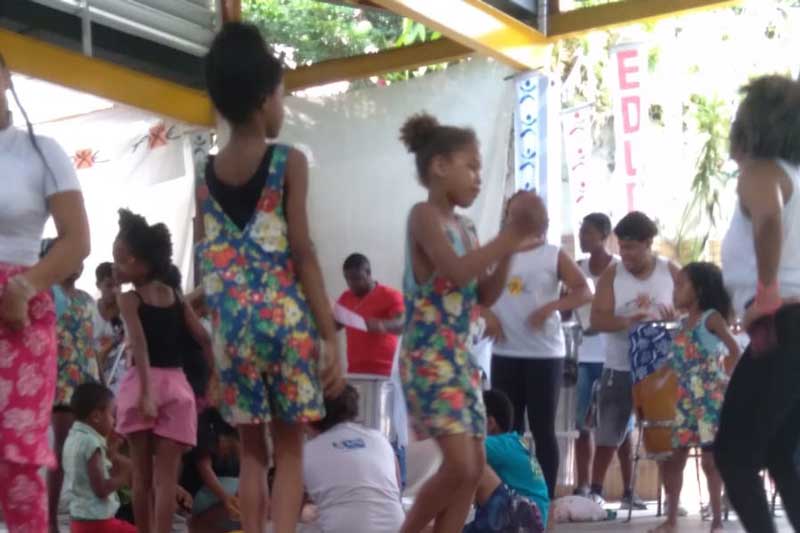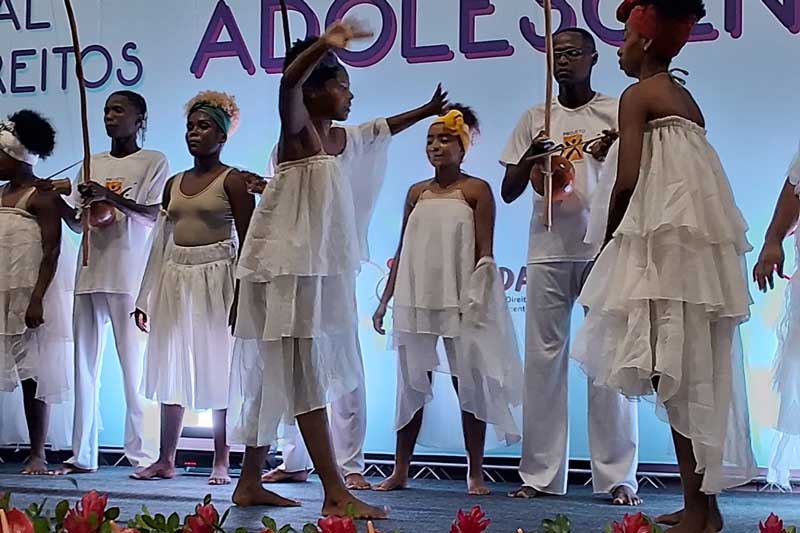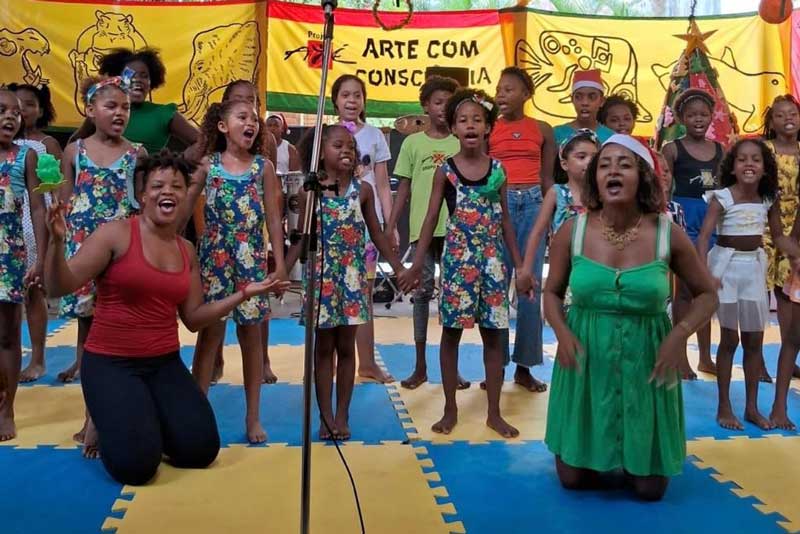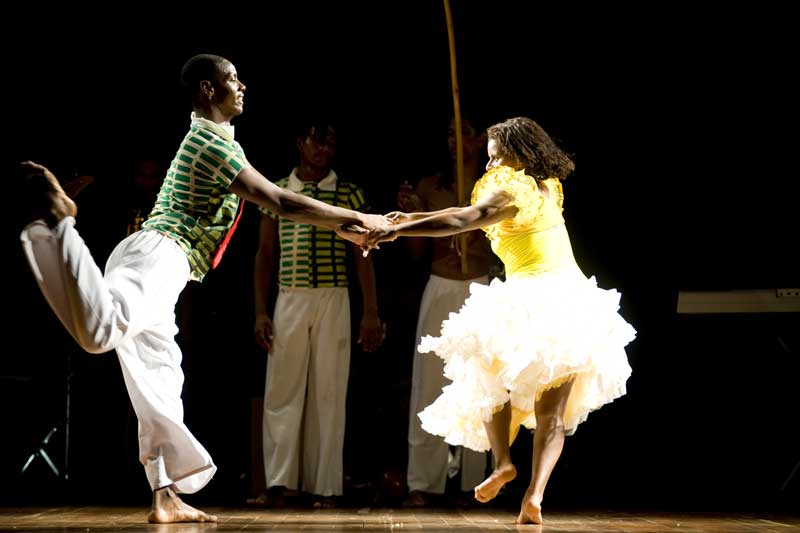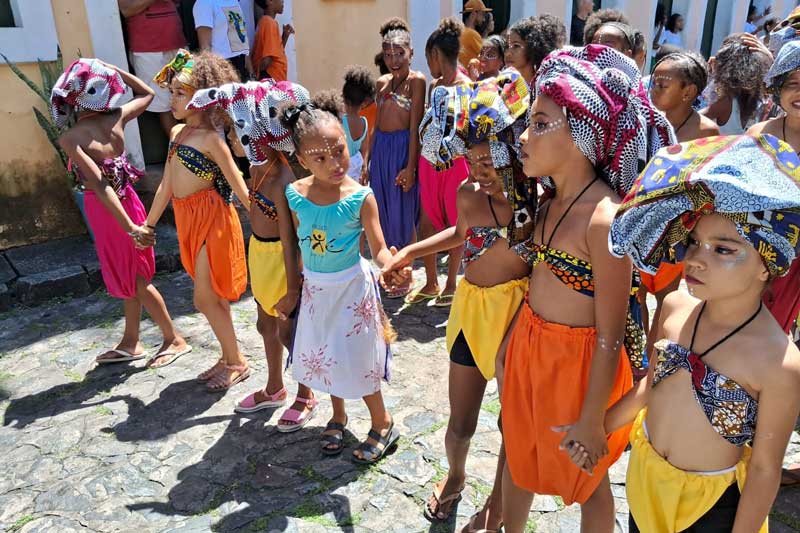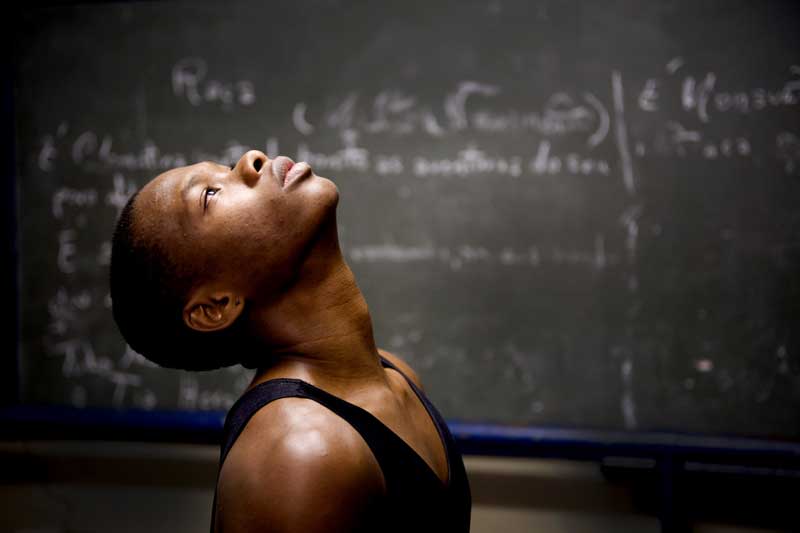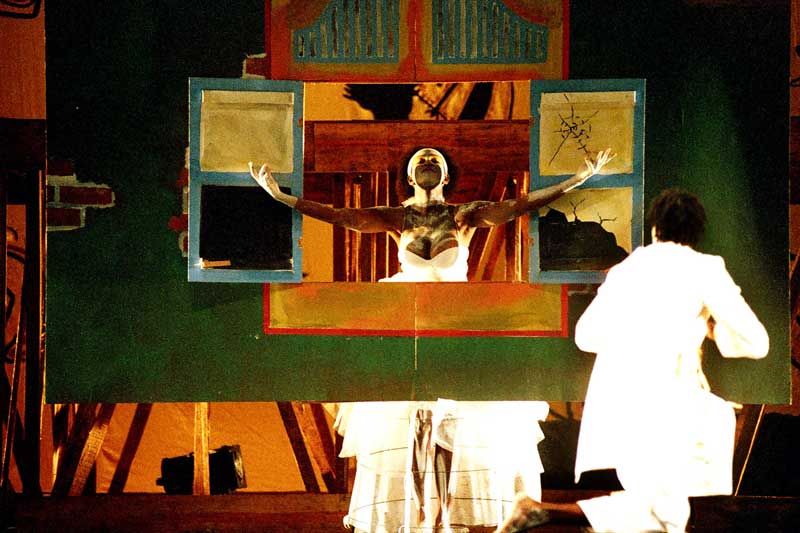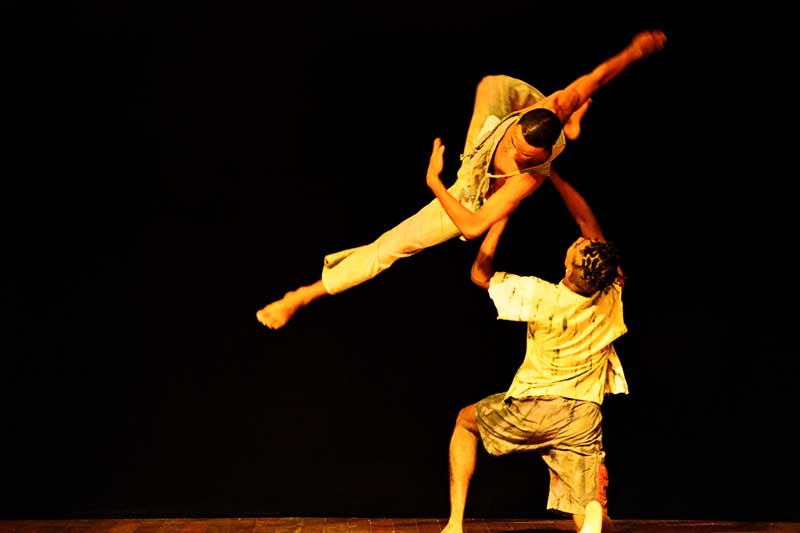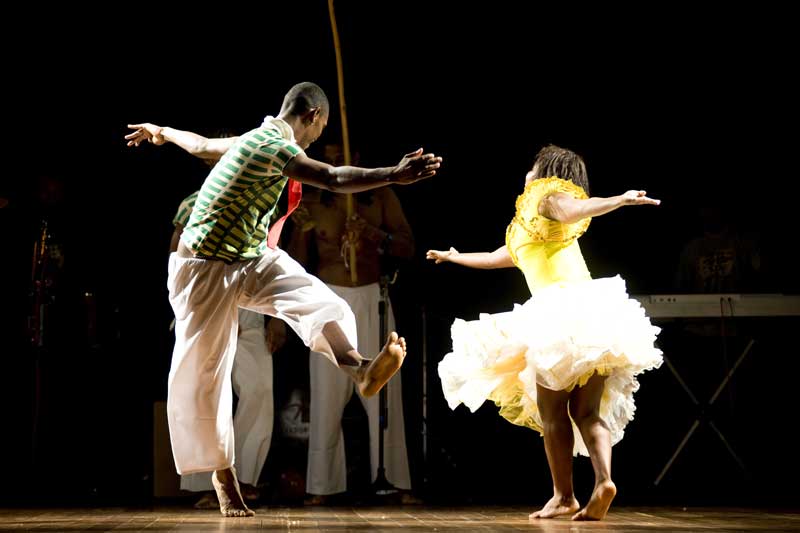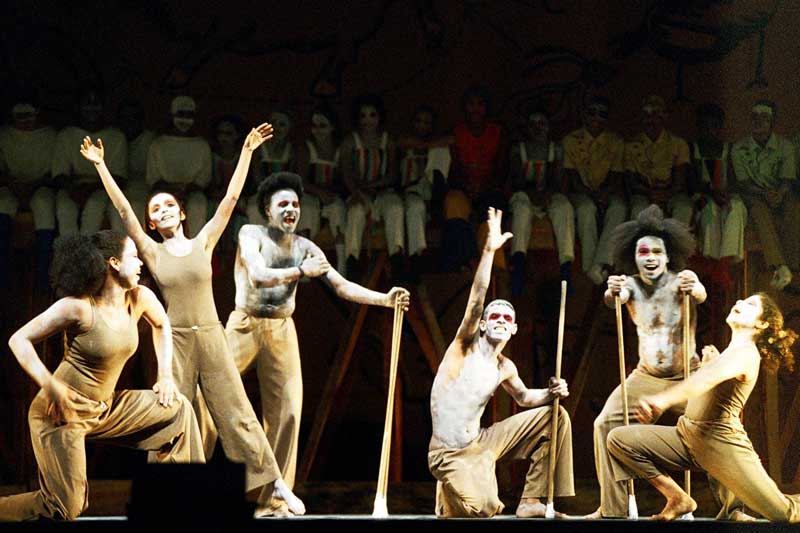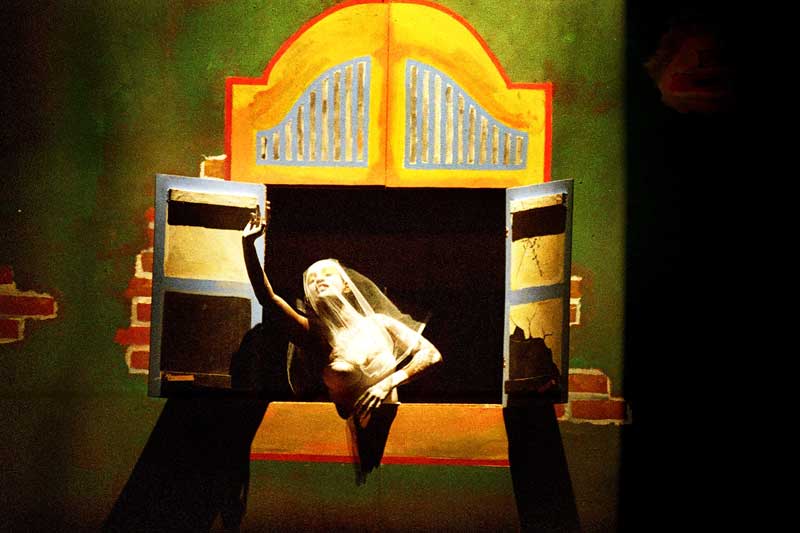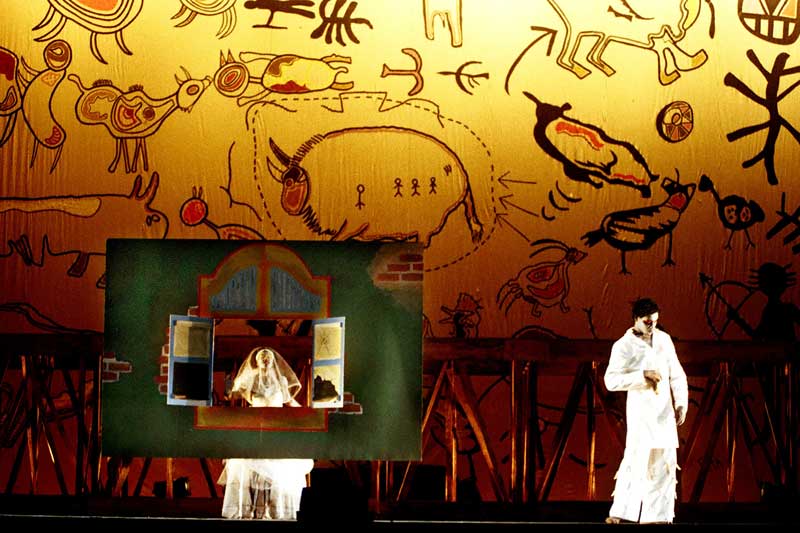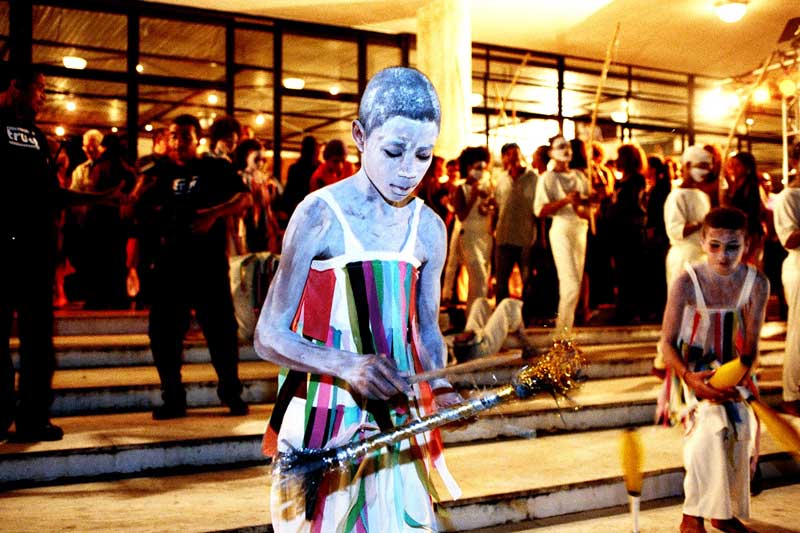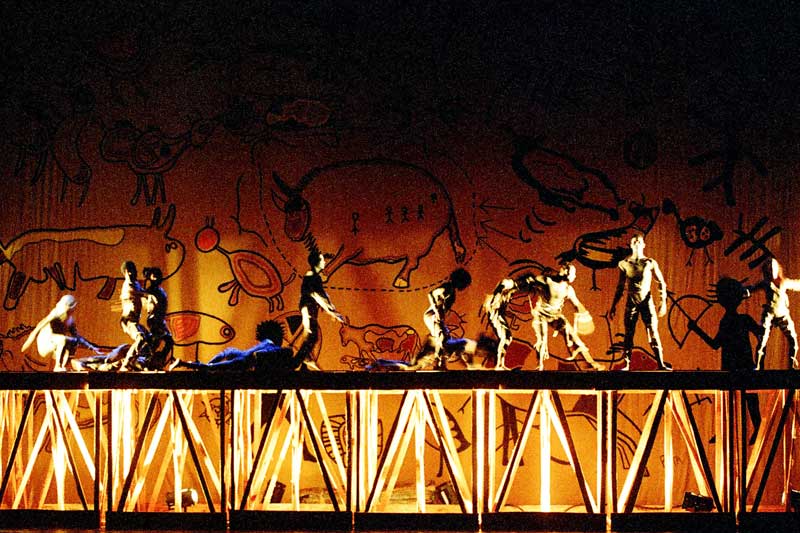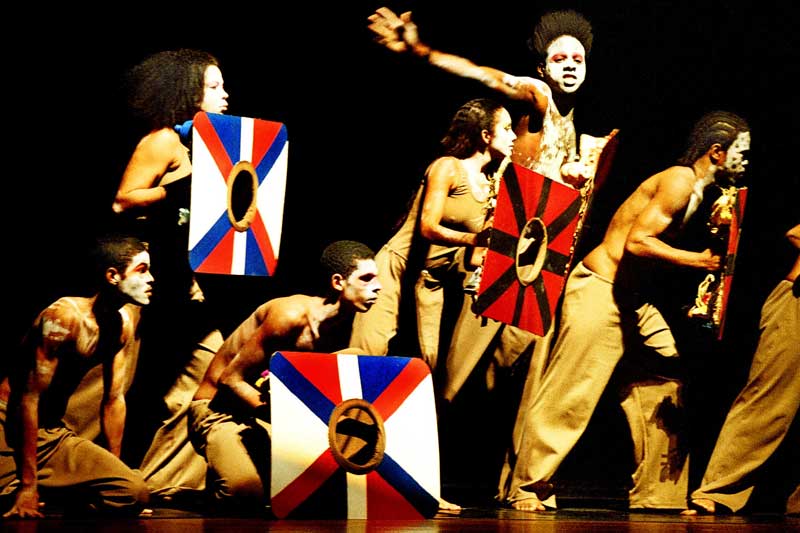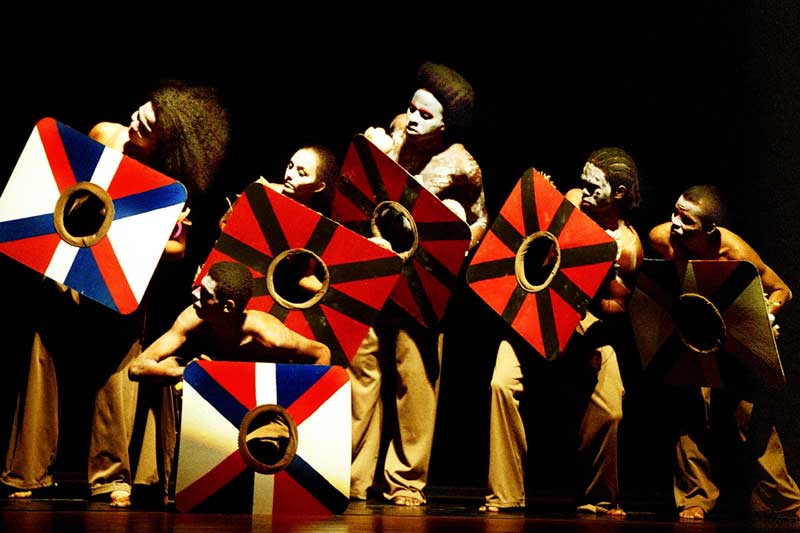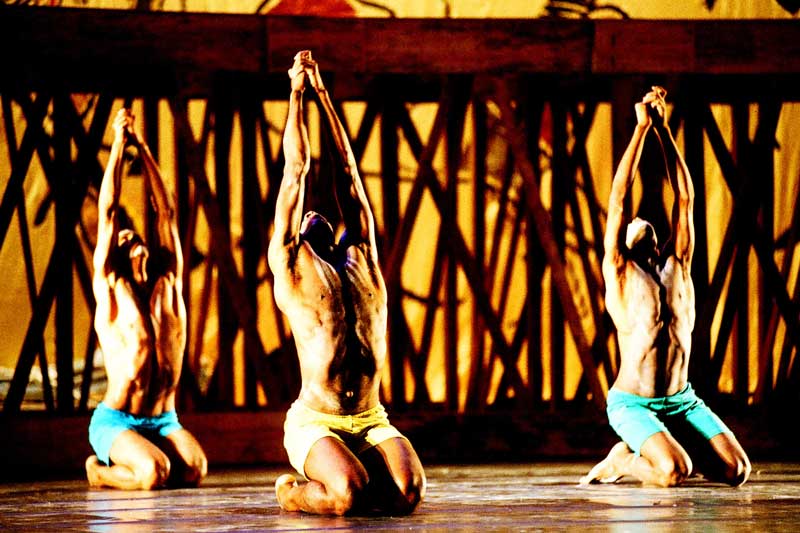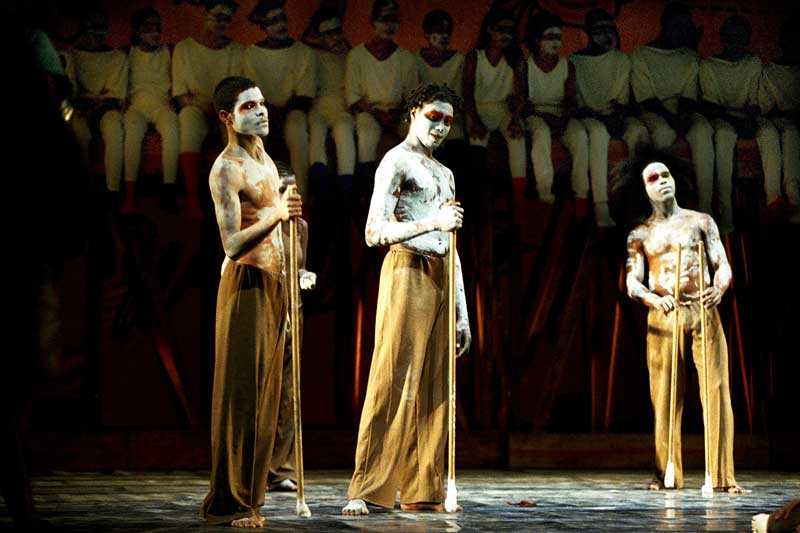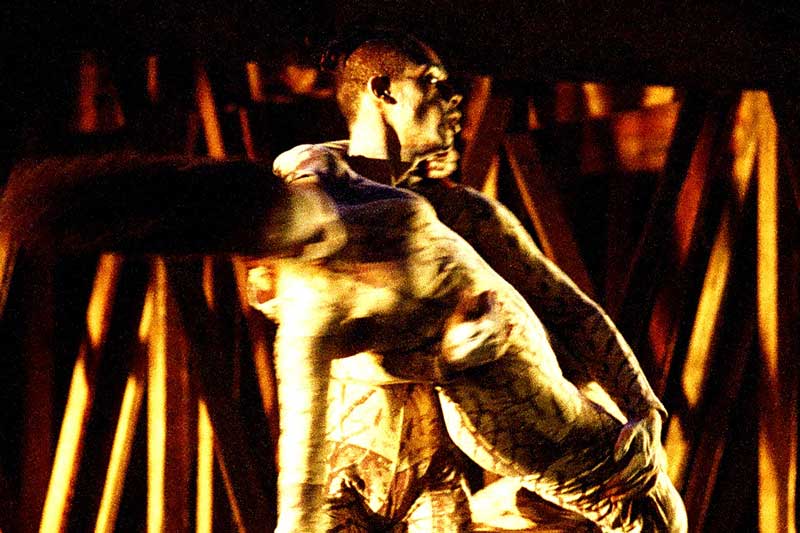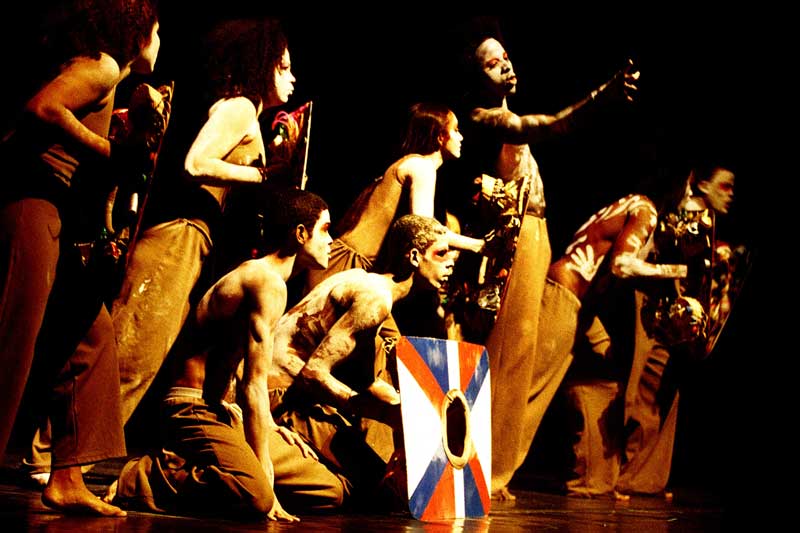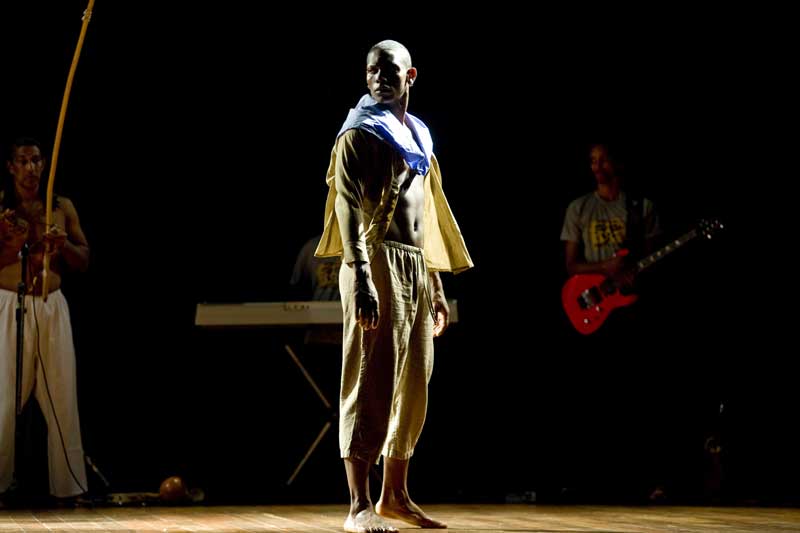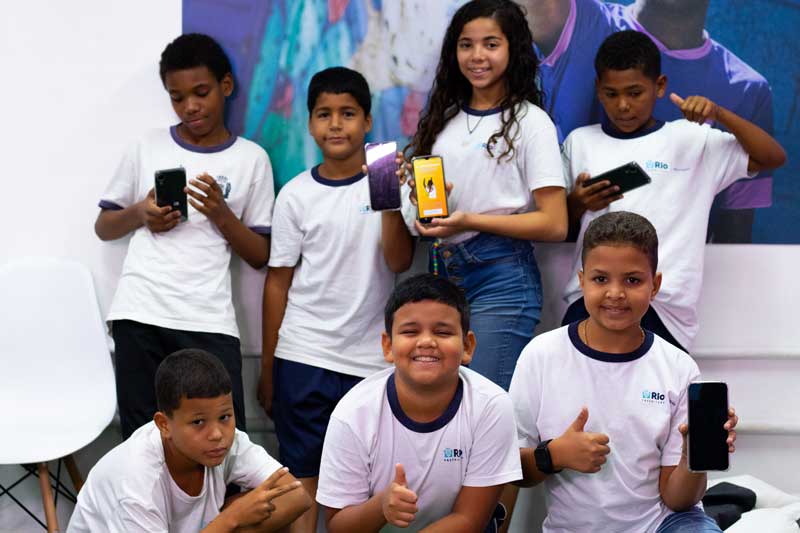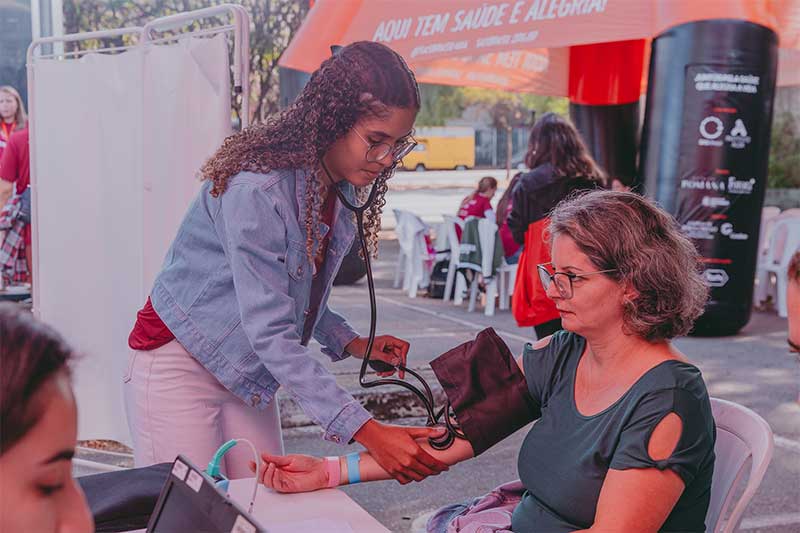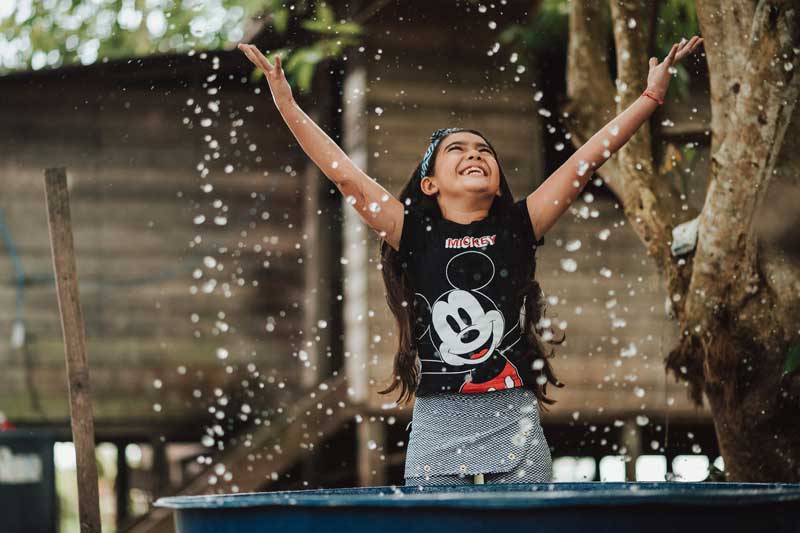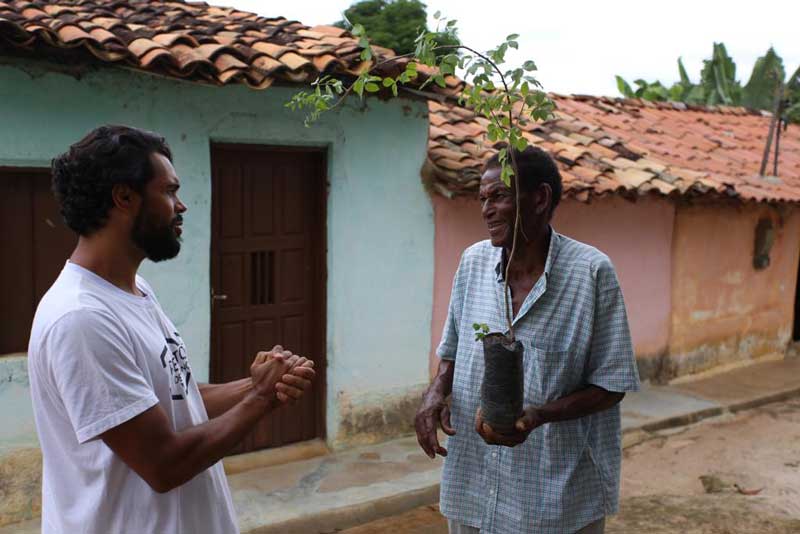In 2024, we began supporting and strengthening the Futuristically Ancestral Project, which celebrates the influence of culture, fashion, hairstyles, makeup, and way of life of the Bahian people, rooted in African heritage, projecting them into a futuristic context. The project includes:
- Pedagogical workshops in fashion production, printmaking, and art;
- Workshops and lectures;
- Fashion show production;
- Organization of guests;
- Artistic performances and soundtrack;
- Marketing and publicity;
- Experimentation in visual arts.
The workshops will serve 110 educators over the course of 12 months, providing educational spaces for professional development in fashion, art, and printmaking, as well as fostering the creation and production of ModAxé, a sustainable brand for income generation, which values African heritage and encourages learners and women’s groups to engage in research, study, and creativity, without distinction or separation by gender, in addition to culture and art workshops.
The visual arts experiments gave rise to the exhibitions: “Axé Indígena” and “Caminhos de Erê”.
The “Axé Indígena” exhibition featured sculptures inspired by the ceramics and tapestries of Brazilian indigenous peoples, at the Pelourinho Art Education Unit within the Axé Project.
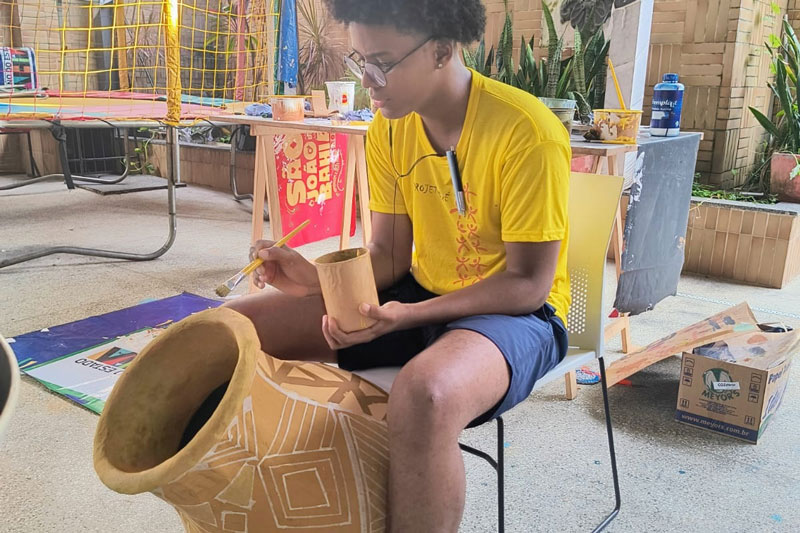
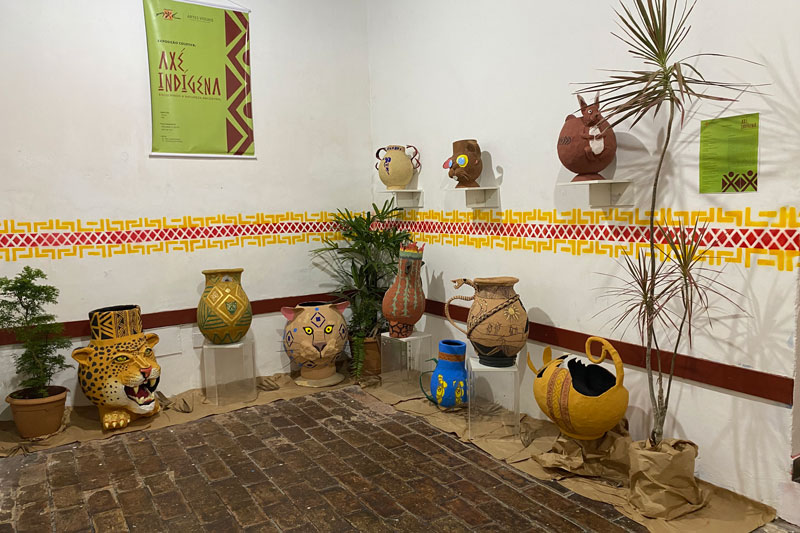
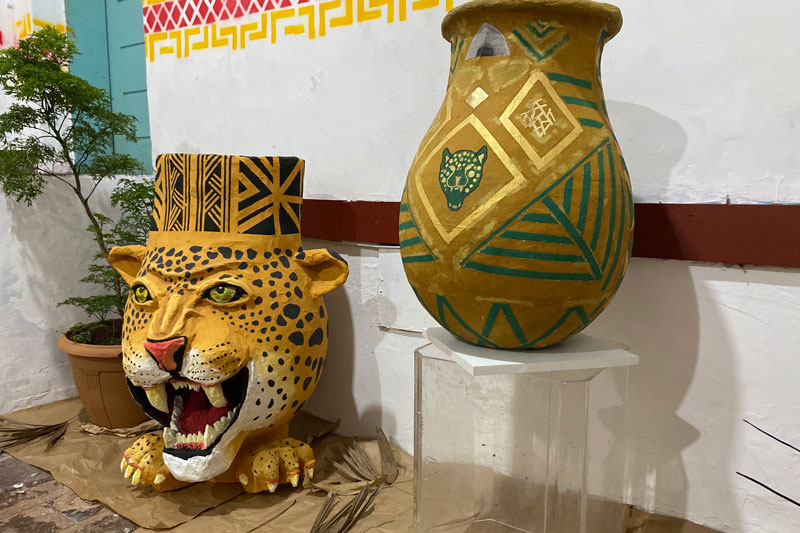
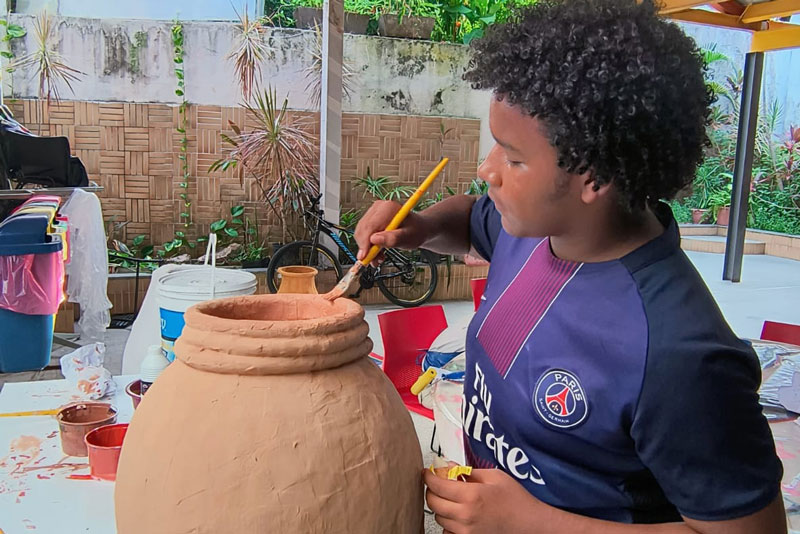
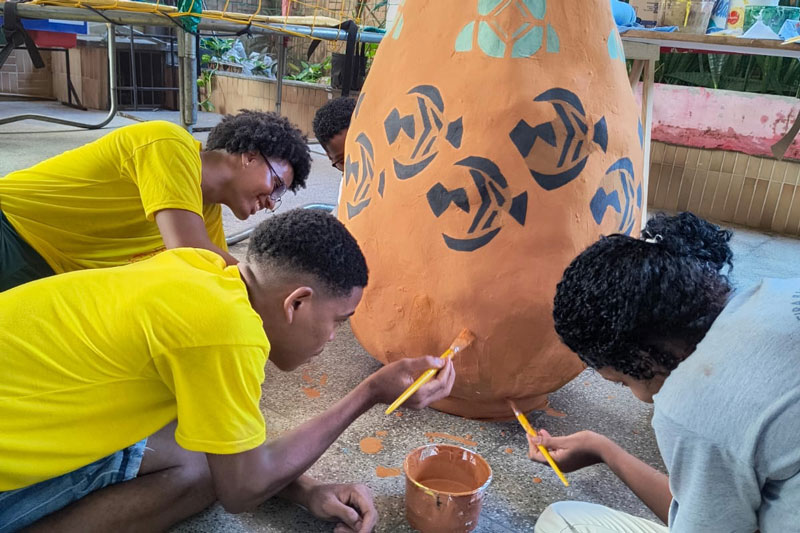
The “Caminhos de Erê” exhibition, with altarpieces and models inspired by the Baroque and Neoclassical architecture of churches in the Historic Center and Comércio of Salvador, was held at the Eugênio Teixeira Leal Museum.
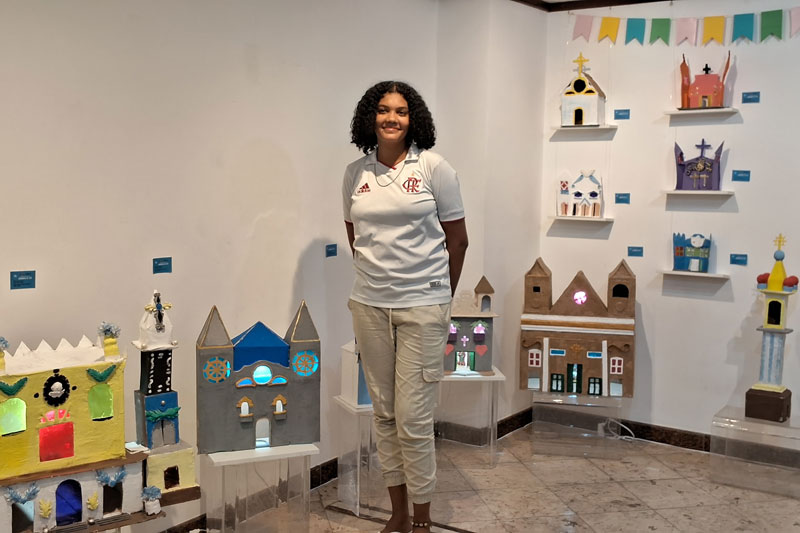
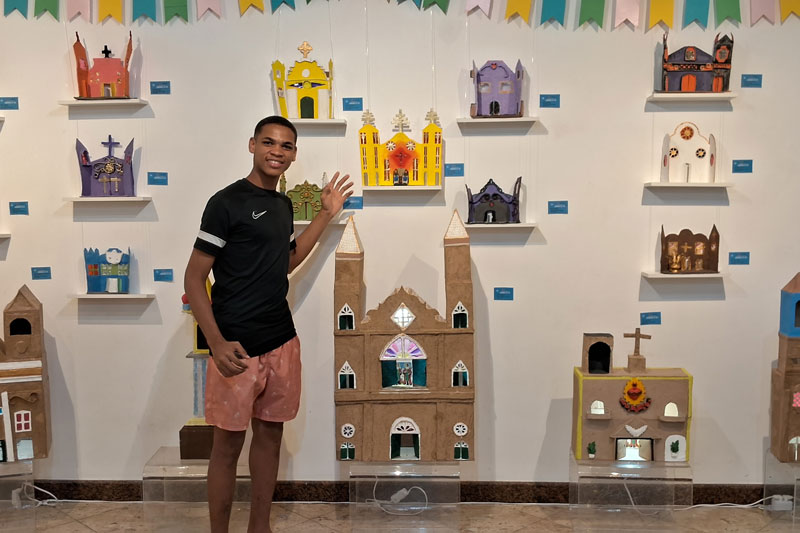
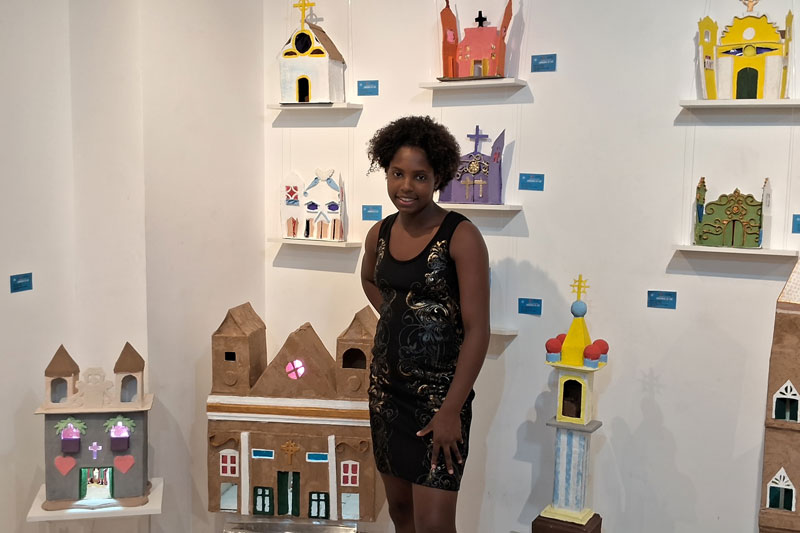
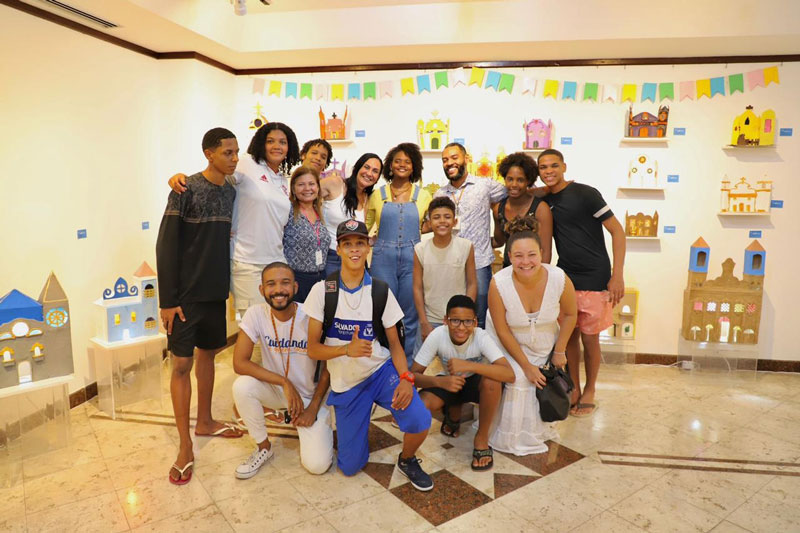
About Axé Project:
The Axé Project – Center for the Defense and Protection of Children and Adolescents is a non-governmental, non-profit organization that has already served around 30,000 children, adolescents, and adolescents deprived of educational opportunities. The project works with the Pedagogy of Desire and Art Education to develop their potential.
Founded in 1990 in Salvador (BA) by Cesare de Florio La Rocca, an Italian-born lawyer and educator, Axé means “the positive energy that allows all things to exist.” The choice of this word from the Yoruba language is not only a tribute to Afro-Brazilian culture but also a conviction that children, adolescents, and young people are the most precious energy of every nation.
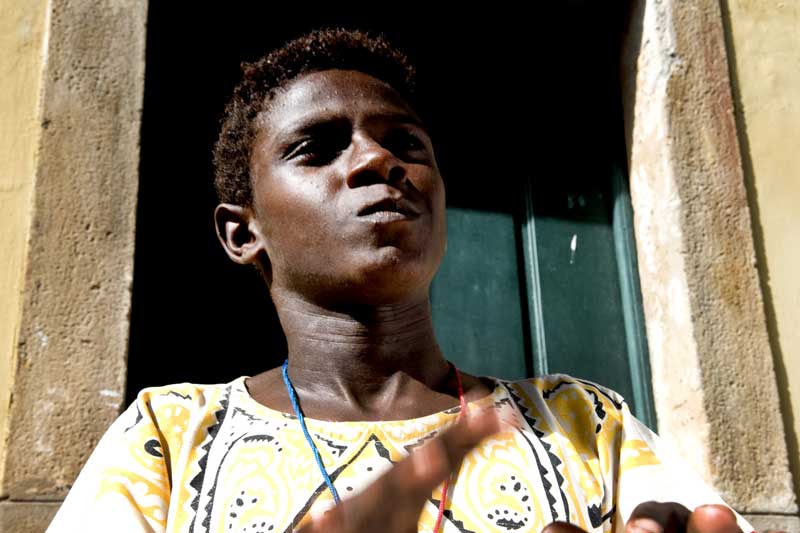
Fotos: Mila Petrillo

